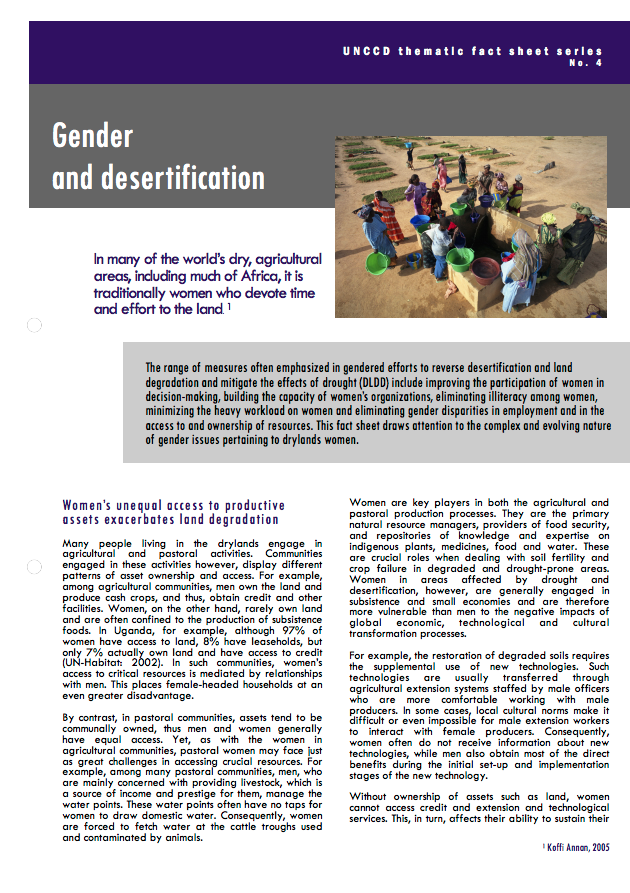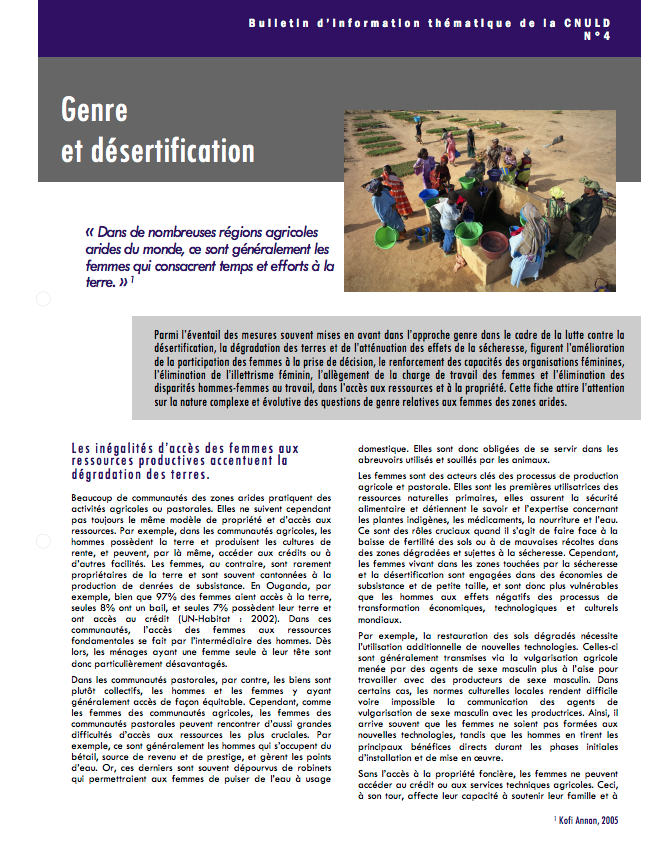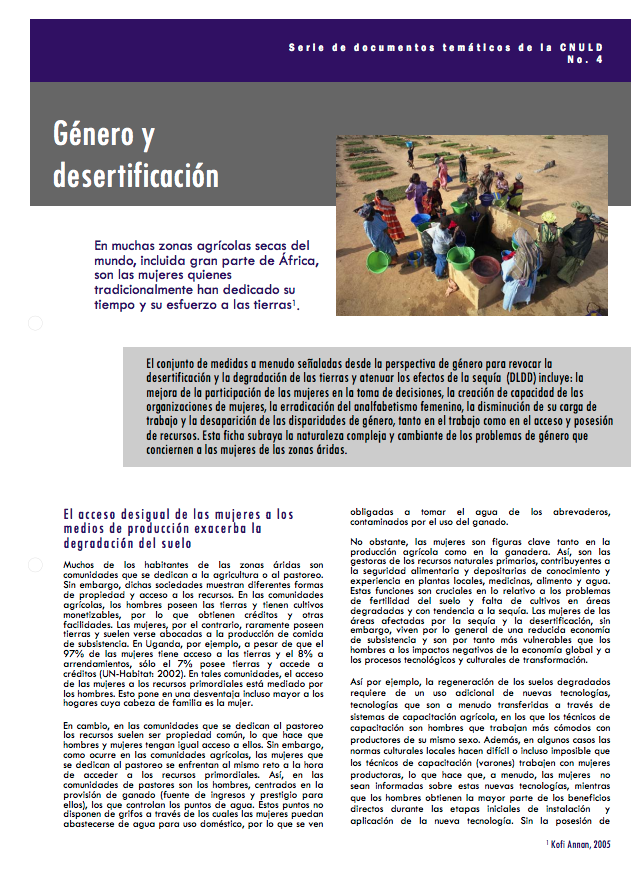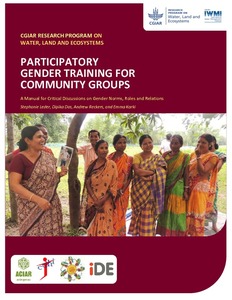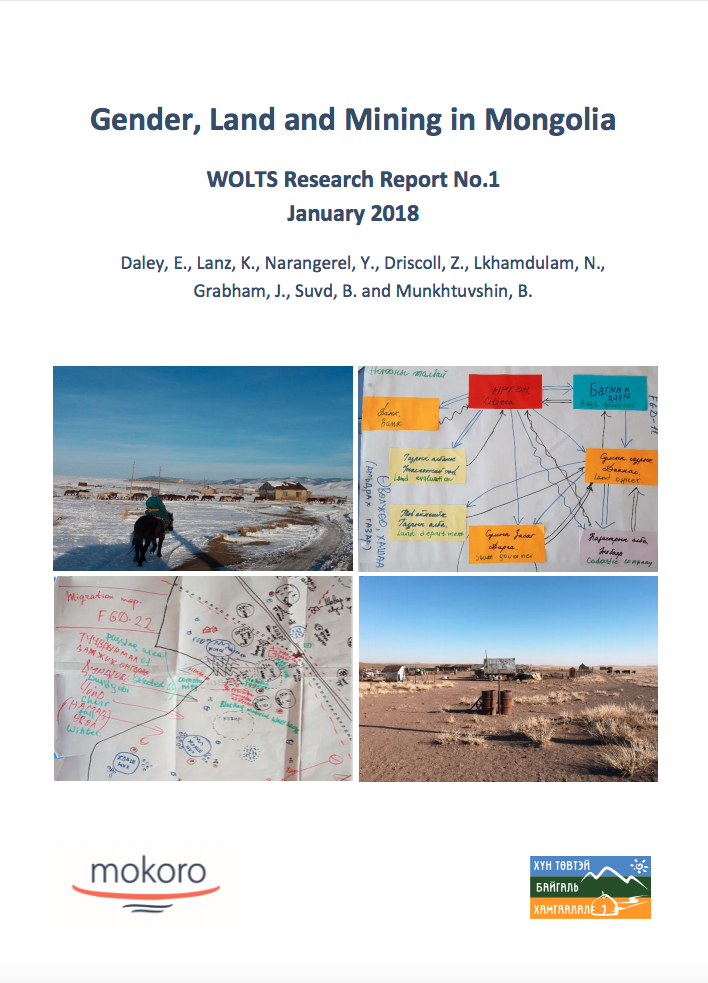Land Rights of Women In Tripura
The study is based on the premise that it is important for women to have effective rights in land and it studies the land rights of women in Tripura, a state in north-east India. The study assesses the extent to which the women of Tripura enjoy effective rights in land and suggests measures for enhancing the effective rights in land that are presently enjoyed by the women of the state.
The research study was carried out by the Tripura Commission for Women and was sponsored by the National Commission for Women, New Delhi.

